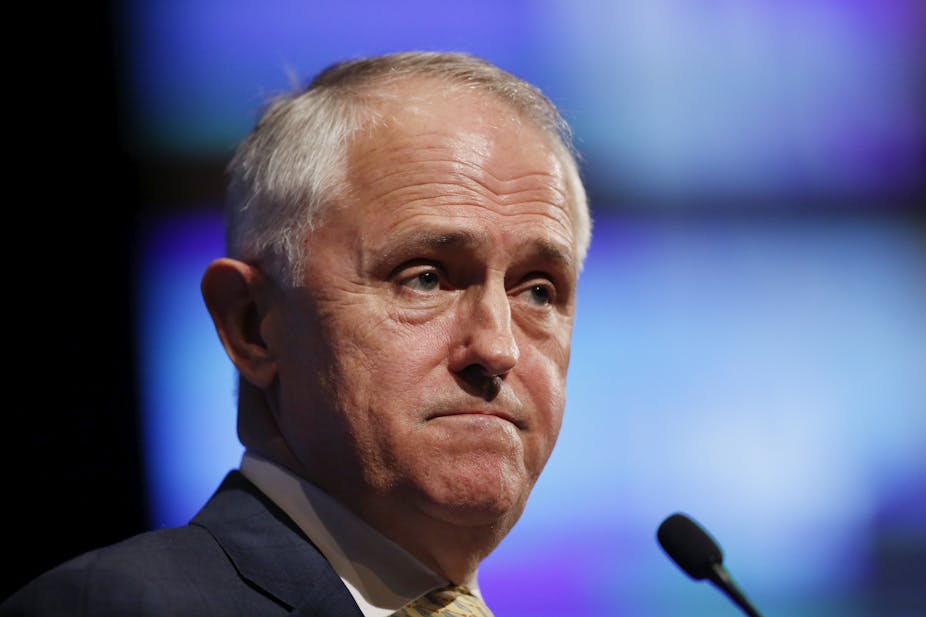Submissions to the government’s taxation white paper show support for reducing concessions for superannuation but with no clear agreement on how to do this, according to a Treasury analysis.
There is also support for broadening the GST base and/or increasing the rate on the condition that compensation is provided for low-income earners.
Treasury official Roger Brake, who heads the white paper taskforce, provided “An Inside Perspective on the Tax White Paper” to a tax conference in Melbourne late last week.
Former prime minister Tony Abbott ruled out changes to superannuation but Malcolm Turnbull has left all options “on the table”.
Brake said the top five tax topics mentioned the most from the submissions were superannuation, GST, income tax, the overall tax system and capital gains tax.
“Broadly, there was widespread support for tax reform and dissatisfaction with the level of complexity in the tax system,” Brake said.
Other themes from the submissions included consensus that dividend imputation should be retained, and support for less concessional treatment of capital gains – although present arrangements were strongly backed by sections of business.
The majority of views were in favour of lower personal income tax rates; similarly, the majority of views expressed support for reducing company tax, with many suggesting it should be 25%.
An overwhelming majority of views expressed supported reducing or abolishing stamp duties; a majority wanted payroll tax scrapped or harmonised; many argued that different classes of savings should be taxed in a similar way.
Treasury has held about 120 stakeholder meetings on tax reform since the tax discussion paper was released earlier this year. “We have engaged with operators of large and small businesses, unions, social welfare groups, industry associations, other government officials, think tanks, private individuals and academics,” Brake said.
The white paper task force received 870 formal submissions – about 470 from individuals and 400 from organisations. The individual submissions were overwhelmingly from men (82%); more than one-third of them came from people who were retired.
Submissions came from organisations of various sizes, most of which were not-for-profit organisations, peak bodies and companies including professional services firms, unions, social welfare groups and religious organisations. The main industries making submissions were financial and insurance services, professional, scientific and technical services.
The next main step is the release of a green paper this year ahead of next year’s white paper.

